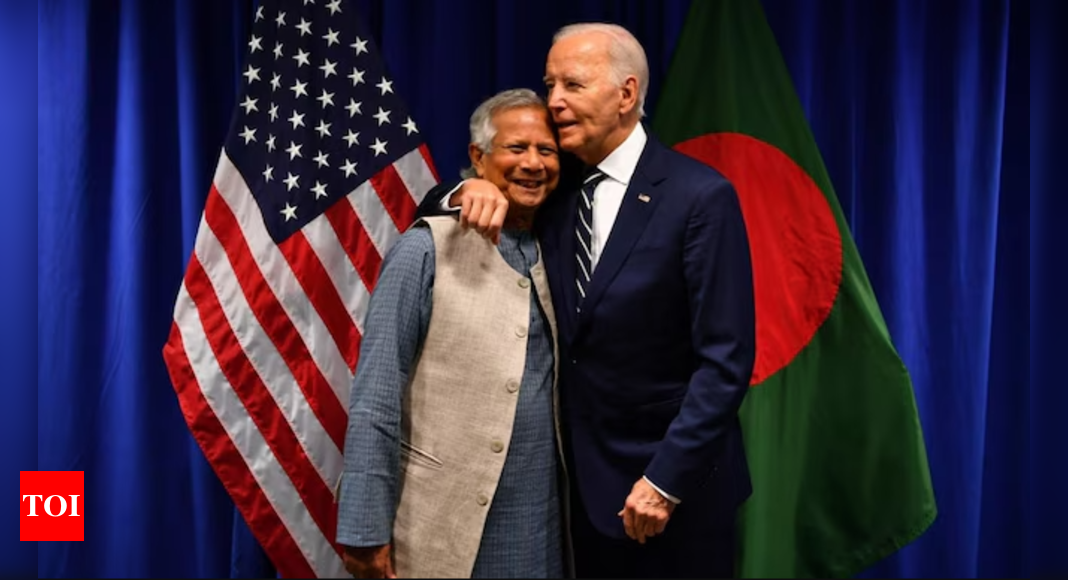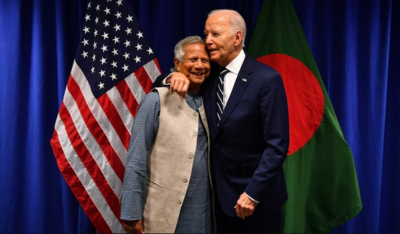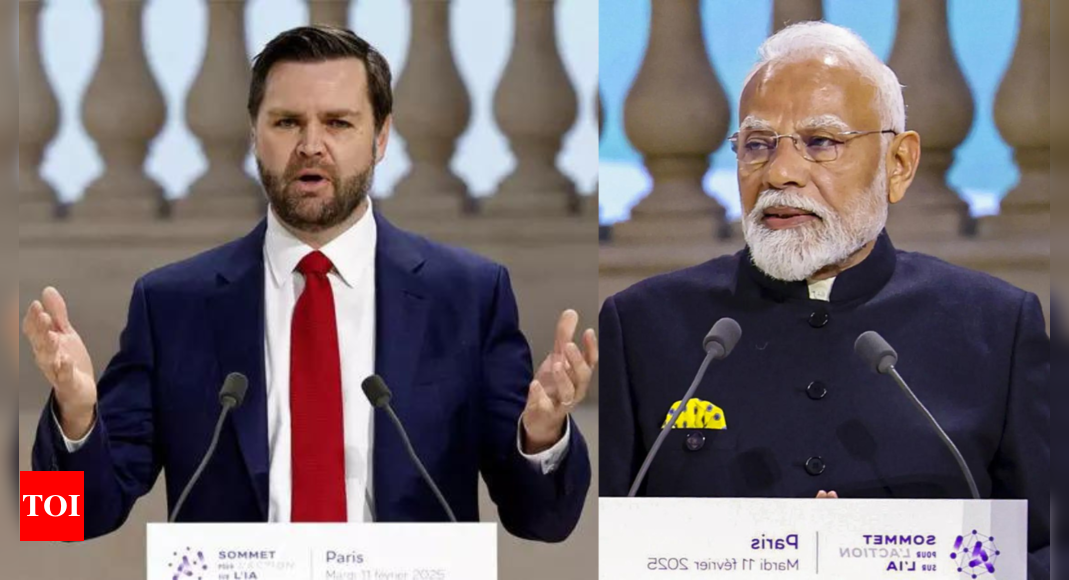Did the US government actively work to destabilize Bangladesh using taxpayer-funded programs? Former US State Department official Mike Benz has made explosive claims that USAID and affiliated organizations orchestrated efforts to undermine the Bangladeshi government in a bid to secure American strategic interests.
Regime change for a military base?
Speaking about US foreign policy planning, Benz laid out a hypothetical—but eerily specific—scenario: “Let’s say it is vital to US national interest to build a military base in Bangladesh to counter China, but the Bangladeshi Prime Minister refuses. Our foreign policy planners then decide that regime change is necessary.”
Benz explained that once such a decision is made, “all options to destabilize the country” come into play. These range from backing opposition forces to orchestrating a color revolution, a reference to past US-backed uprisings where leaders have been ousted, sometimes fleeing in helicopters.
Leaked documents: Destabilization strategy in action
Benz also explained, according to leaked documents published by The Grayzone, US agencies, including the National Endowment for Democracy (NED), worked to “destabilize Bangladesh’s politics”—a direct quote from the documents. The International Republican Institute (IRI), one of NED’s political branches, submitted a plan to the State Department in 2019-20, after previously failing to install the opposition Bangladesh Nationalist Party (BNP) in power.
The strategy involved recruiting-
- 170 pro-democracy activists
- 304 key informants
- Ethnic and cultural fault lines that could be exploited
- Minority groups, LGBT communities, and student protestors
Weaponizing Rap music to spark protests?
In one of the more striking revelations, Benz claimed that US taxpayer money was used to fund Bangladeshi rap groups to produce protest songs. The goal? Encourage street demonstrations disguised as “peaceful protests”—which often spiral into riots.
“One song was designed to sow resentment against the sitting government, another was meant to make people distrust their leaders,” Benz explained. These songs were then strategically promoted among students who had already been protesting over local political issues, increasing tensions on the ground.
Soft power or covert destabilization?
The IRI’s baseline assessment identified the most effective ways to stir unrest. Benz noted that these methods often rely on fringe elements within society. “This is how we end up funding terrorists, paramilitaries, criminals, and even prostitutes in the name of soft power projection,” he said.
Bigger picture: US influence operations abroad
While Benz did not weigh in on the morality of these actions, his claims paint a troubling picture of US foreign policy. If true, they expose how democracy promotion efforts may, in reality, serve as tools for regime change, shaping governments to align with US strategic goals.




